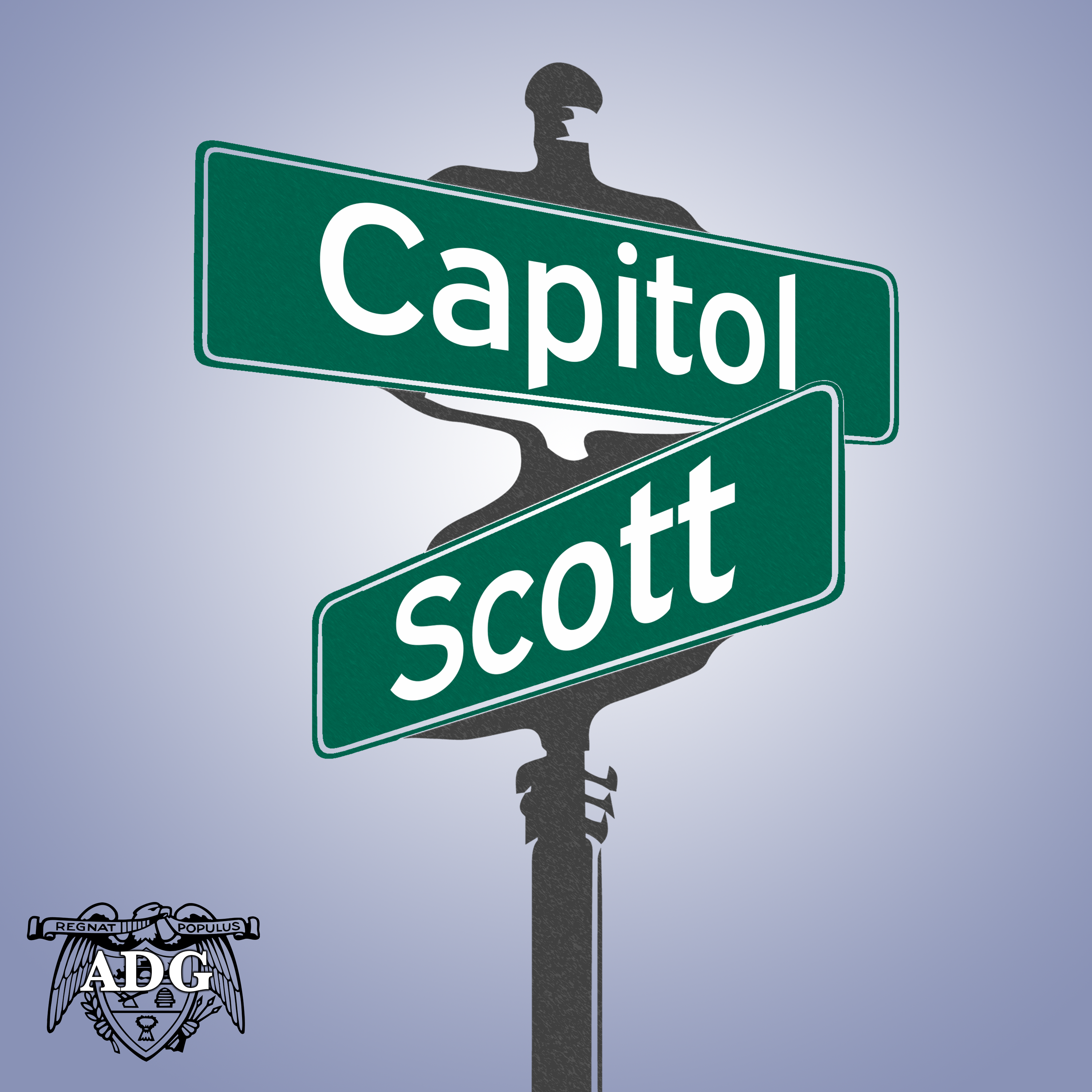Soon after the pandemic began in March 2020, food banks and other hunger-relief organizations experienced some of the greatest need from individuals and families living in Arkansas since the financial crisis in 2008. The closure of businesses and cessation of jobs catapulted people living on the brink of food insecurity into a scenario where having enough food on tables became a weekly, if not daily, struggle.
Government programs that were expanded or created during the covid-19 pandemic helped fill in the gaps, but now many of those have been scaled back or have ended altogether. Meanwhile, inflation, rising gas prices and other economic challenges have continued to fuel the plague of food insecurity across Arkansas, a state where some hunger relief organizations estimate one in five people do not have enough to eat.
On this week’s episode of Capitol & Scott, Kathy Webb, head of the Arkansas Hunger Relief Alliance, provides an update on how food banks are faring in Arkansas, the impact of food deserts in rural areas and her concerns for the future, specifically issues of child hunger and access to healthy, affordable food in both urban and rural communities.
Let us know what topics would you like to hear about in future episodes: arkansasonline.com/capitol-and-scott/

The covid-19 pandemic saw many teachers in Arkansas retiring or leaving the profession, intensifying a teacher shortage already on the verge of crisis levels. ...

Violent crimes, including homicides, have been on the rise in Little Rock, with some parts of the city experiencing murder rates more than 100%...

Uncertainty hit the transportation and communications industries in recent weeks after the U.S. Federal Aviation Administration raised concerns that the rollout of 5G networks...